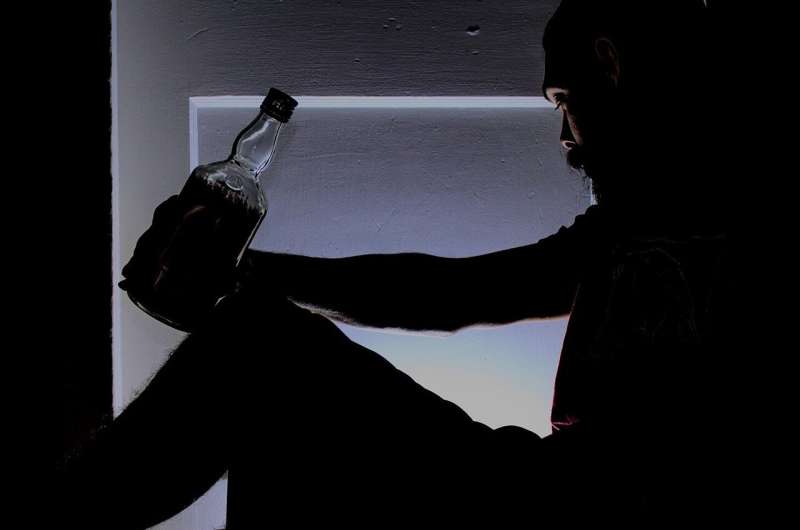Rejected minorities turn to risky coping behaviours

Sexual minorities, particularly men, who experience perceived social rejection are more likely to indulge in risky coping behaviors, according to new research published today in the journal Drug and Alcohol Review.
Professor Nick Drydakis, of Anglia Ruskin University (ARU), investigated the association between the perceived ostracization of sexual minorities and alcohol, tobacco and cannabis consumption and unprotected sexual intercourse.
The study, which analyzed 866 survey responses, found that experiencing rejection such as being spurned by friends, treated unfairly in an educational or workplace environment or by public services—is associated with a 9.1% increase in the consumption of tobacco, a 7.1% increase in the consumption of alcohol and a 12.5% increase in the use of cannabis. It is also associated with an increase in unprotected sexual intercourse of 6.5%.
Men are particularly prone to increases in consumption. The association between social ostracization and drinking is 12.3% higher in men than in women. For consumption of cannabis, the association is 9.5% higher in men than for women, and for tobacco it is 20.6% higher in men than women.
The study also found that, during difficult financial conditions, such as economic recessions, the consumption of cannabis increased by 5.5%.
Author Professor Nick Drydakis, Director for the Centre of Pluralist Economics at Anglia Ruskin University (ARU), says that "this is among the first international studies to investigate the association between social rejection of minorities and deteriorated economic conditions."
"Results suggest that sexual minorities appear to be more likely to turn to smoking, drinking and cannabis use to buffer the negative effects of stress associated with rejection, victimization, and internalized stigma."
"In the general population, these behaviors increase public health risks such as overdose, accidental injury and attempted suicide. Clearly if we are serious in Western society about reducing health inequalities, policymakers should look closely at increasing efforts to reduce social stigma and provide more support for vulnerable groups."
The research was carried out in Athens, Greece over the periods 2013/14, a time of economic hardship, and 2018/19.
More information: The perceived social rejection of sexual minorities: Substance use and unprotected sexual intercourse, Drug and Alcohol Review (2022). DOI: 10.1111/dar.13500




















